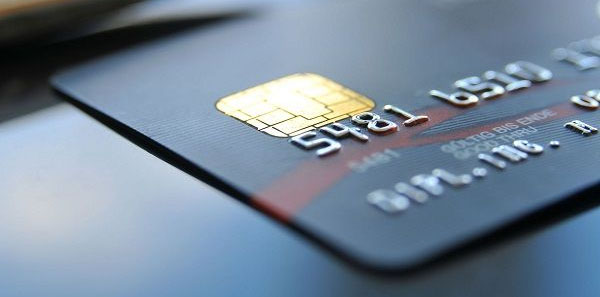Credit cards can be a great tool if you don’t want to carry cash, or if you want to buy something but don’t have enough money in your current account. They have a number of advantages over cash or debit cards – you can build up your credit rating, take advantage of interest-free days, earn rewards on what you spend, and more.
Having a credit card that doesn’t match your spending style or the way you plan to manage your debt can really add up. If you find yourself in a position where you are trying to pay off the balance on your card, switching to a lower interest rate or changing to a debt consolidation card can lead to real savings and help you pay down debt faster.
Save by switching to a card with a lower interest rate
When you signed up for your credit card you may have signed up for an airpoints or cashback card. These types of cards often charge a higher rate of interest but offer perks like airpoints or cashback on what you spend. These cards are a great option if you are confident you can repay the card in full every month.
If you need to use your card for a larger purchase or find yourself in a position where you need to repay your card balance over a longer period of time the interest can really add up. Switching to a card with a lower interest will help save you money as you repay your debt.
- if you have a $5000 balance on your credit card and you plan to pay back $200 per month, in a perfect world with 0% interest your debt would be repayed in 25 months.
- If you switch to a card with a lower interest rate of 13.9% the balance would be repaid in 30 months and you would only pay $937 in interest.
| Credit card balance | Repay per month | Interest rate (p.a.) | Repaid in | Total Repaid | Amount of interest |
| $5000 | 200 | 13.9% | 30 months | $5937 | $937 |
| $5000 | 200 | 20.95% | 34 month | $6627 | $1627 |
Top tip: Payback as much as possible on your card, no matter what the interest rate is. Although it can be tempting to repay lower amounts over a longer period of time the interest will really add up.
In the example above, if you switch to a lower interest rate of 13.95% and pay back $220 per month instead of $200 per month, you will pay back your debt 3 months quicker and save another $103 on interest.
Switching to a Balance Transfer credit card
A balance transfer can be a great opportunity to repay the balance on your card and save on interest in the short term. Balance transfer cards will often switch to a higher rate after the introductory period, so plan to pay back as much as possible during the lower interest period.
Top tips for transferring to a balance transfer card
- The introductory rates can be fantastic - if you have built up credit card debt you can take advantage of the introductory rate to save on interest in the short term
- Check out the fees involved – some cards will charge a balance transfer fee, so factor that into your calculations
- Pay off your card as quickly as possible – take full advantage of the interest-free period and try to pay the debt in full during the introductory offer
- Think about your spending – what do you need to change about your spending habits to avoid debt building up again?
- Cut up your other cards – don’t keep using cards you have transferred a balance from!
- Limit your spending – try not the spend on your card while you are paying off the debt
Money Compare can help you compare New Zealand’s top credit cards instantly side-by-side. Use our Credit Card Comparison Tool to compare credit cards and choose the best credit card for you.





